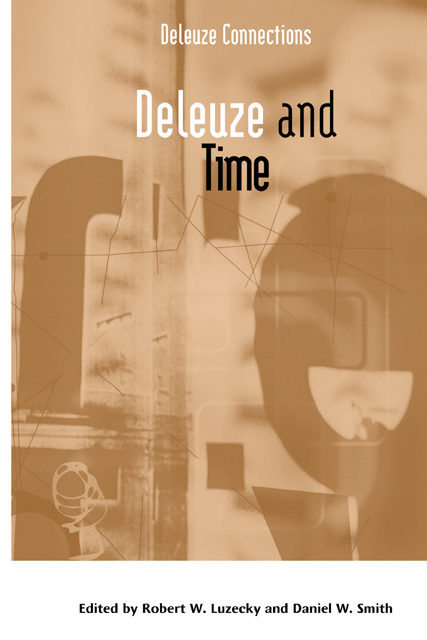2 - The Movement of Time
Published online by Cambridge University Press: 13 April 2023
Summary
We talk about the movement of time but does time move, or does movement occur in time? This is a fundamental question in the philosophy of time that philosophers and physicists are still trying to answer. Interestingly, one of the most original and shockingly contemporary answers to this question was given by the first-century Roman poet Lucretius almost two millennia ago. Lucretius believed that nature was composed of continually moving matter whose spontaneous swerving occurs in ‘no determinate time and space’ (incerto tempore, incertisque loci). Some ancient philosophers and scientists believed that time was linear, others that it was cyclical. Virtually no one thought it was ‘indeterminate’. So, unfortunately, Lucretius’ theory of time sounded so strange that it was either ignored or misinterpreted as a reference to the soul’s freedom.
It was not until the French philosopher Gilles Deleuze returned to this idea in his 1969 book, Logique du sens, that Lucretius’ theory of time’s ‘swerve’ was taken seriously. In the appendix of his book, Deleuze was the first to argue that Lucretius had put forward an indeterminate (non-linear and non-chronological) theory of time. Deleuze argued that the swerve of falling atoms in Lucretius’ philosophy was not the result of a determinate collision with other atoms but was caused by a vital force or conatus immanent to them. This was a brilliant and vital insight but also a strange one. Lucretius was a materialist, not a vitalist, and never used the word conatus to describe the swerve of matter. Therefore, it is hard to reconcile Deleuze’s conatus theory of the temporality of the swerve with Lucretius’ text. It is even harder to reconcile Deleuze’s ‘static’ view of time in Difference and Repetition with Lucretius’ kinetic materialism. Deleuze explicitly subordinates movement to time: ‘The [third] synthesis is necessarily static, since time is no longer subordinated to movement; time is the most radical form of change, but the form of change does not change’ (1994: 89). Similarly, in The Logic of Sense, Deleuze subordinates movement and matter to time in his theory of ‘an empty form of time, independent of all matter’ (1990: 62).
This chapter is an intervention into the strange history of the ‘indeterminist’ theory of time first put forward by Lucretius and partially recovered by Deleuze.
- Type
- Chapter
- Information
- Deleuze and Time , pp. 27 - 44Publisher: Edinburgh University PressFirst published in: 2023



